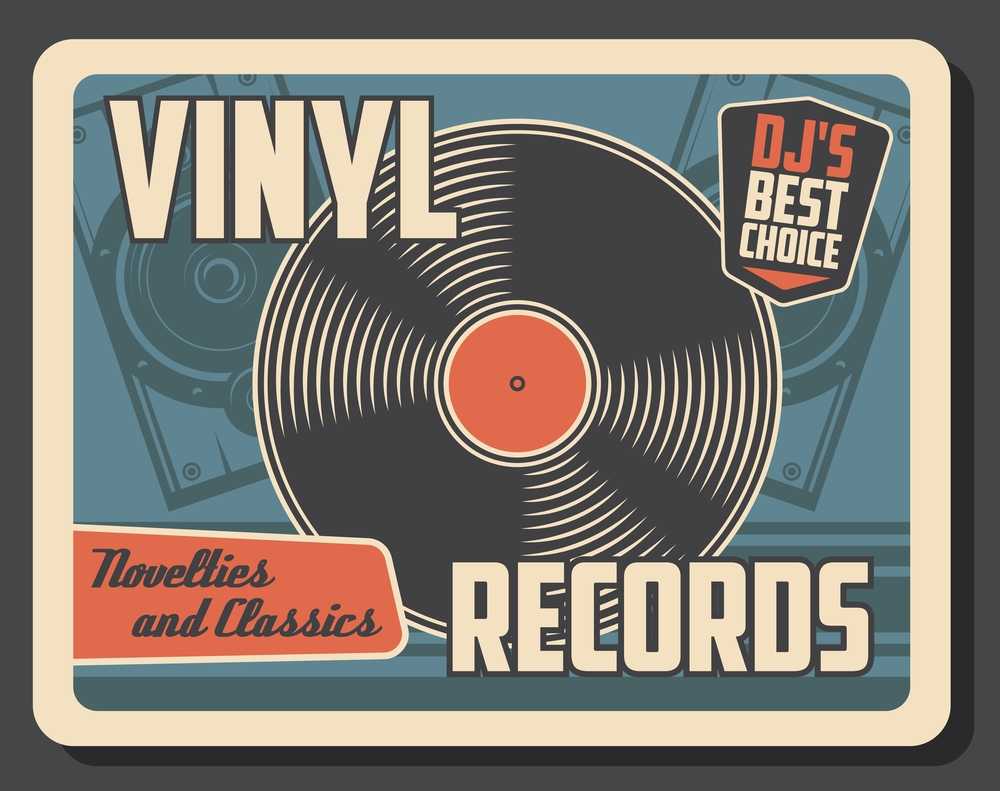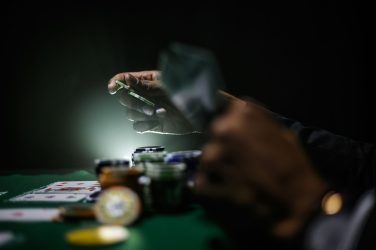Many jazz listeners consider themselves purists, and rightfully so. Listen to jazz and you’ll be reminiscent of a bygone era from yesteryear. Before computers distorted the original sounds, emphasizing or editing in places that made the entire song or album feel alien. As though the music you’re listening to is completely different than the actual music recorded. But not with jazz. Jazz is music amplified, music purified, music as it should be. Plus, if you haven’t heard, old is always new again.
Digital music is great for when you travel (be it in a car, train, or plane), are on the go, or don’t want to lug a piece of equipment around like a CD or record player. It’s both simple and convenient. But there’s something pure about jazz vinyl. picking up a vinyl record takes you to a different place. Mostly, a place where digital music cannot. Because the sound is cleaner and emits the energy of an entire jazz club.
Vinyl records aren’t commonplace anymore. It’s rare to find someone who owns one that isn’t used as decor on the wall, to make the atmosphere in a room look retro. And that is likely because vinyl record comes with more effort—you have the equipment, it is hands-on (physically placing the record into the turntable and dragging the pin), and a vinyl record is relatively large. You can’t just pop it in your purse or bag like a CD. It needs space. But there’s a place in the hearts of many for them—collectors, purists, hands-on enthusiasts. Like all purist-at-heart things, all of this extra effort is worth it. When a vinyl plays it plays to everyone in the entire room, not just you, even if you are the only one listening.
So, why should you listen to jazz on vinyl? Here are four main reasons.
The Gramophone Maintains The Musical Format
The gramophone (the record player that plays the vinyl) plays back vinyl in a fully analog and lossless format. Digital is great for many things but the specifics behind digital leave complications amid conversion from the musician playing sound to you then listening to it. With the gramophone, it’s as though the artists’ music plays back to you exactly as they intended to. In essence, it’s like you’re listing to live music all of the time. And with jazz, because of its extreme soulful sound, it is a live experience you’ll feel transformed.
The Sound is Warmer
Can you remember the last time you listened to jazz live—whether at an outdoor concert or in an intimate bar, or a small club, with a classic martini in hand—and what that sound was like? If you closed your eyes and recall those musical notes it’s almost as if you can envision color. And that color tends to be warmer because jazz musicians play to the heart and soul. Each instrument complements the other in a robust, but clean, tone. With digital, as a result of the original sound lost in conversion, it emits a colder sound, like hues of blues. Close your eyes the next time you play jazz on vinyl and you will almost be able to see and feel, the color difference within the music.
Supply and Demand
Stan Getz and Joao Gilberto: Getz/Gilberto, Eric Dolphy: Out To Lunch!, Duke Ellington: Ellington at Newport, Dave Brubeck Quartet: Time Out—what do these albums have in common? They’re all considered great jazz albums to own, and play, on vinyl. But when it comes down to it, the reason to own a gramophone and jazz vinyl is because of the supply and demand. While many great jazz albums can be found on CDs there are a handful of classic jazz albums that have not, and will not be, converted to CDs. Sure, you might be able to find some chopped-up recording on YouTube or a cover for your iTunes. But the fact of the matter is that many influential, memorable jazz albums are still only available on vinyl. Rather than forego adding them to your collection it’s best to spring for the vinyl and own a piece of music that you’ll cherish for years to come.
Vinyl Lasts
Take a look at your, likely rather large, CD collection. Unless you kept them stored properly, in the original case or a CD book, there’s a pretty good chance they’re scratched. And scratched for a CD means that the quality is compromised and the songs won’t play, or they’ll skip or fast forward. However, with a jazz vinyl, that record will last for decades, maybe it’s due to its size (a CD is easy to pop into any bag, but vinyl requires more room to carry and therefore makes it less portable). The vinyl is more durable and is likely to last far longer than any CD you’ll ever own.
Back to the question: should you listen to jazz on vinyl? The short answer is: absolutely. If none of these reasons resonate with you then perhaps this one will: it’s a cultural thing. Jazz on vinyl becomes a collection, a rite-of-passage in the music world. It’s something you’ll look back on, perhaps even pass them on, and recall all the soulful sounds you listened to. It’s quality music you can be proud of.






